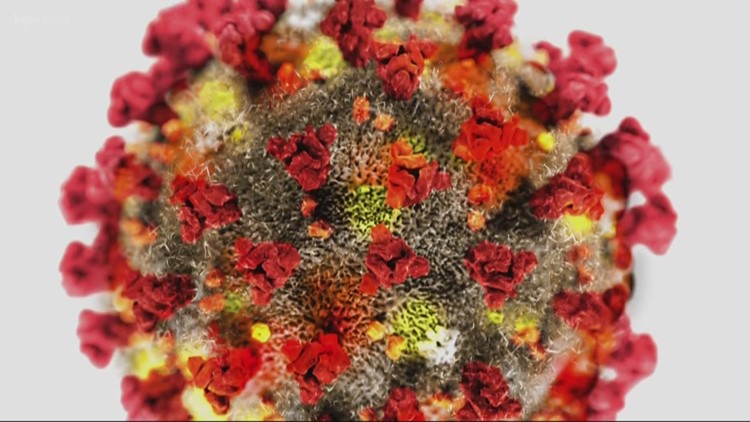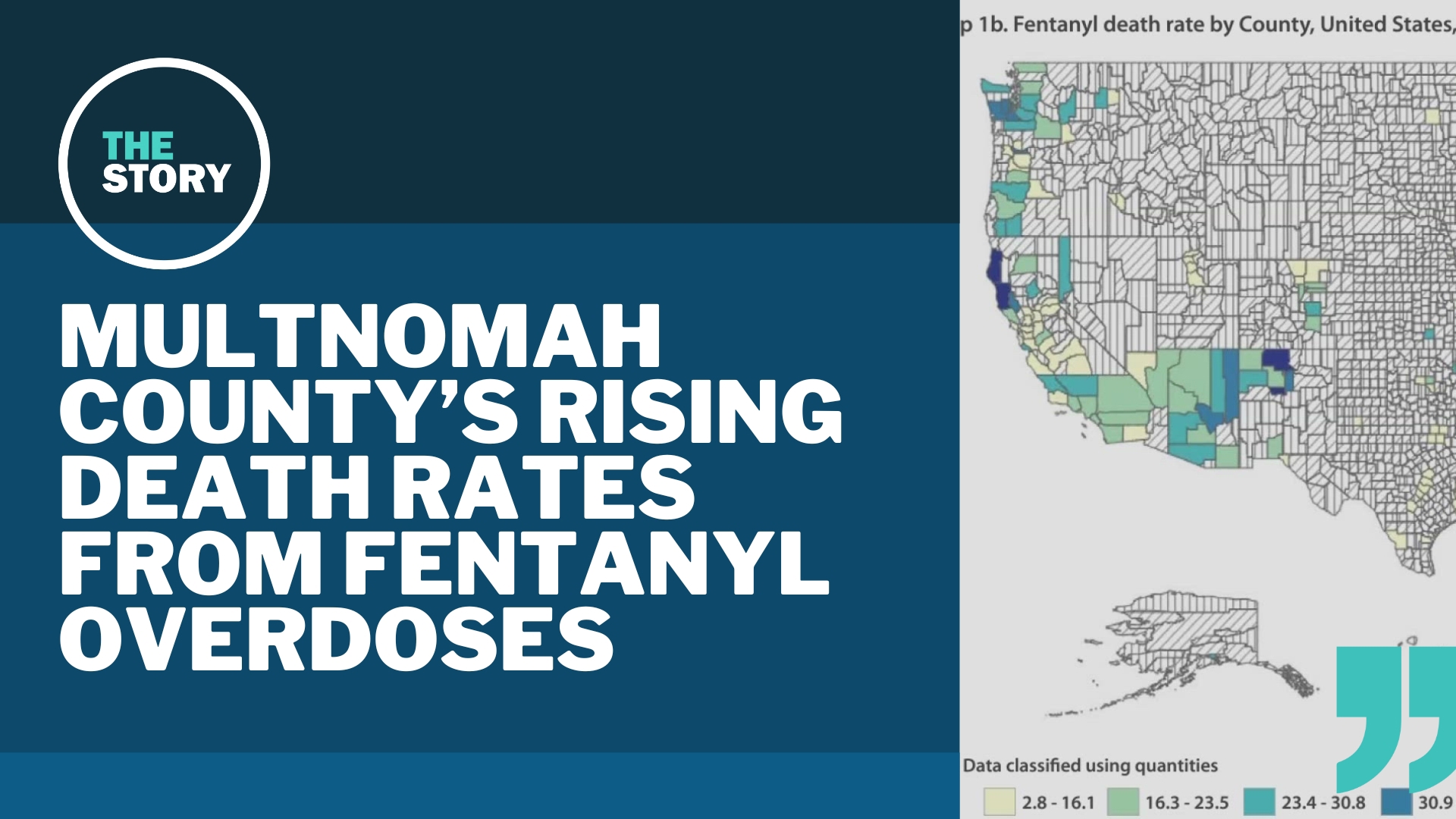PORTLAND, Ore. — Oregon Health & Science University (OHSU) researchers are working toward a more reliable antibody test for COVID-19.
Though there are antibody tests on the market right now, some are more reliable than others and many questions are still unanswered about antibodies and immunity when it comes to the coronavirus.
Through the use of a $250,000 grant from the M.J. Murdock Charitable Trust, researches are working to develop a reliable blood antibody test.
“Serologic testing is going to be important to know whether you have been exposed to SARS-CoV-2,” said Marcel Curlin, M.D., an associate professor of infectious diseases in the OHSU School of Medicine. “From there, we hope to learn if that means you are immune from reinfection or not. It’ll be relevant for everybody, and it’s going to be a cornerstone in understanding and controlling this pandemic.”
By analyzing blood samples, it is possible that antibodies can be seen in the blood for weeks, months, or even years after exposure to COVID-19.
Currently, OHSU is lab testing samples from healthcare workers who are being tested for the virus.
Even this initial step can present its own challenges. It’s important that researches isolate the correct antibodies.
“There are many different coronaviruses, including ones that can cause the common cold,” said Donna Hansel, M.D., Ph.D., chair of pathology in the OHSU School of Medicine. “Some tests may react to these other viruses. We have been working to ensure our tests are as specific as possible.”
Researchers from many different disciplines are working together on the antibody testing, including researchers from the Vaccine and Gene Therapy Institute, the School of medicine, and groups that study viral immunity.
The groups are working to answer other key questions:
- Can people become re-infected?
- Among people who have been infected, are there differences such as genetics or in the amount of virus in their system that determine the formation of antibodies in some people but not in others?
- How long do antibodies remain in the body following infection?
“Understanding what the test means is something that will take longer and is a more complicated question,” Curlin said. “What those tests tell us will be different in a healthy 25-year-old than it will be in a 65-year-old renal transplant patient taking steroids who may be more susceptible to re-infection.”
Researchers are also looking at the long term effects of the virus.
Bill Messer, M.D., Ph.D., assistant professor of molecular microbiology and immunology and medicine (infectious diseases) in the OHSU School of Medicine is enrolling patients who have recovered from COVID-19. His team will collect samples from them for as long as five years after the infection to see the body’s response and how immunity evolves after infection.
He’s collaborating with Mark Slifka, Ph.D., an OHSU immunologist who has worked on immunology research with other diseases like smallpox and tetanus.
“Everyone wants to play a role in helping us get through this,” Slifka said.
“This is a team effort,” Hansel said. “We are all working closely together to coordinate our studies and share information with the goal of improving the long-term health of Oregonians.”



